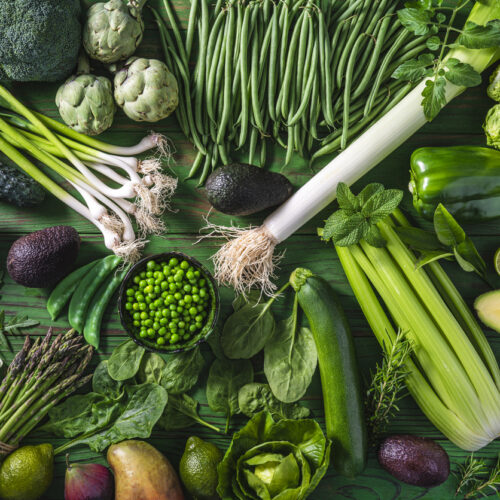
Our environment is saturated with delicious food. Don’t beat yourself up when enjoying the simple pleasure that food can bring.
I don’t know if you’ve noticed, but Easter is coming up. Insert a note of heavy sarcasm here: you’d have to have been living in a cave to not have noticed the abundance of Easter-themed chocolate that surrounds us.
On my last visit to the supermarket, the bunnies and eggs covered every single aisle-end display. They’re put there to tempt us into buying, of course and that we do: at Easter chocolate is Kiwis’ favourite treat and we munch our way through over four million Cadbury Creme Eggs and six million marshmallow eggs. It’s practically unpatriotic not to eat at least a couple of chocolatey treats at this time of year.
It’s also about now that we tend to see a lot of words associated with our Easter treats. Words like ‘indulgence’ and ‘guilty pleasure’.
We may also use this kind of language with ourselves. We feel bad if we have ‘overindulged’. We’ve ‘fallen off the wagon’ and eaten something sugary. We’ve ‘given in to temptation’ and eaten a ‘naughty’ chocolate egg.
But this, I think, is not a helpful way to think about anything we eat, whether it’s a treat or not. Using this kind of language is setting ourselves up for an unhealthy relationship with food.
Food is one of life’s necessities. Without it, we don’t last long. But it’s also one of life’s pleasures. It makes us feel happy, and it’s deeply connected with family, community and sharing. The act of sitting down to eat a meal together with people we love is about so much more than just re-fuelling. It’s about connecting with other people; something we have the opportunity to do every day. For that reason, food deserves importance in our lives, and meal planning and cooking deserves time and thought. Thinking about eating in this way is healthy; it’s part of having a healthy relationship with food.
But it’s not healthy to give food more importance than it deserves; specifically to give food the power to change how we feel about ourselves. I feel so sad when I hear women (it is usually women, although not always) giving themselves a really hard time because they have eaten something they ‘shouldn’t’ have, or they have binged and broken the rules of what’s acceptable, in their minds, to eat. We can do this consciously or unconsciously, but the subtle message is the same: you’re a bad, weak person.
I also feel frustrated when I see these messages reinforced in food marketing and packaging. We recently came across a new bread whose packaging proudly proclaimed it had ‘less naughty carbs’ in it. There’s a cracker ad running on TV at the moment in which a woman’s ‘conscience’ takes the day off to sit on the couch and eat crackers, leaving the woman to run amok, behaving badly without any moral guidance. The crackers have less saturated fat. ‘Even your conscience will love them’ is the tag line.
Talking to ourselves about food this way is potentially really harmful. It doesn’t help us get healthy — if anything, it’s the reverse. So if there’s an Easter message I’d like to pass on, it’s that it’s important to banish the words ‘guilt’ and ‘naughty’ from our food vocabulary. Think of food as wonderful, nourishing, life-giving — and also a pleasure. Enjoy an easter egg or two — enjoy it mindfully, take pleasure in it. In the context of the rest of your healthy day or week or month, it’s not going to tip things out of balance.
www.healthyfood.com










